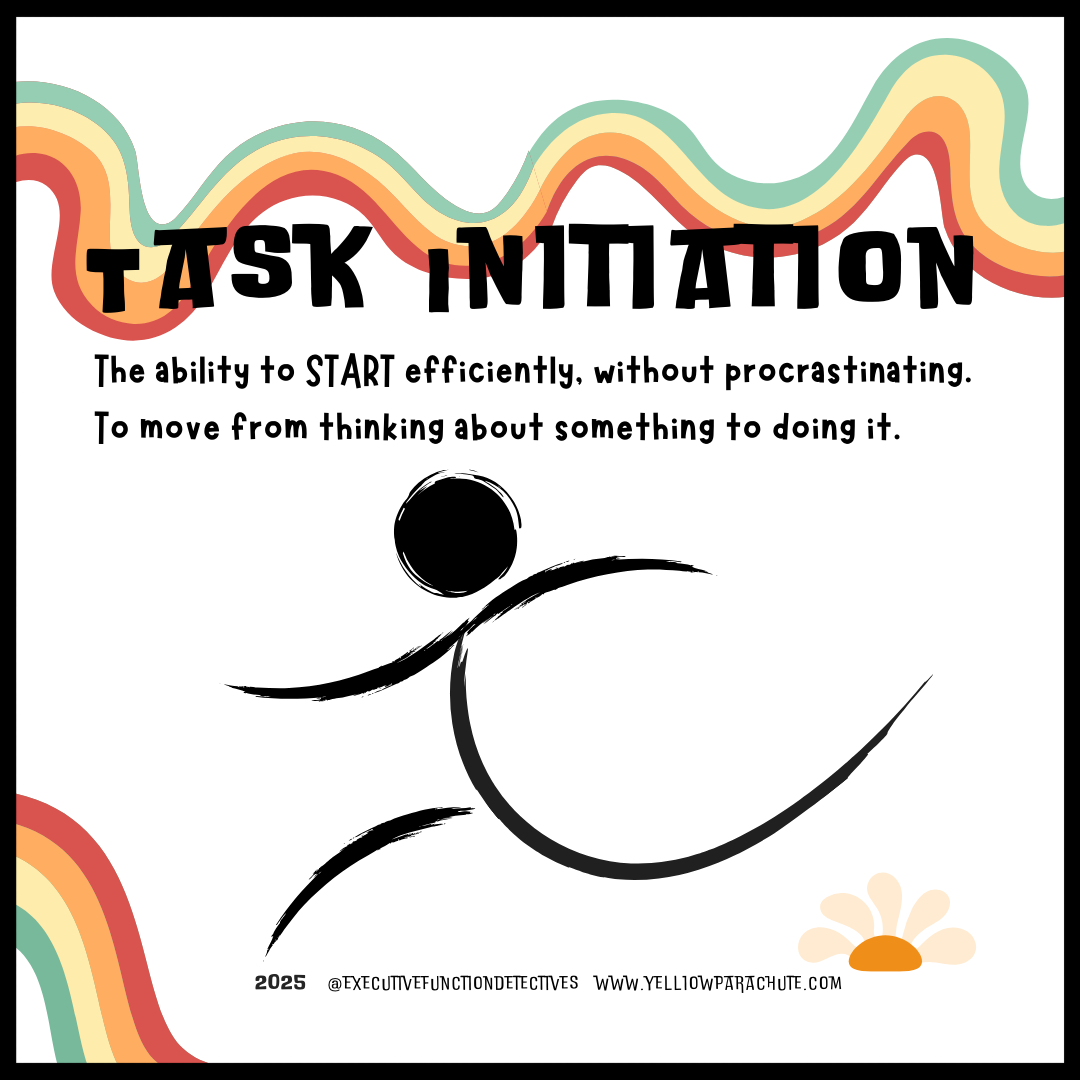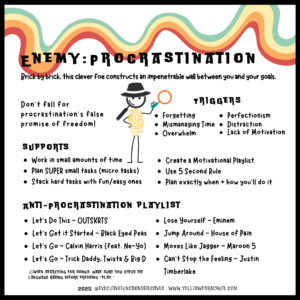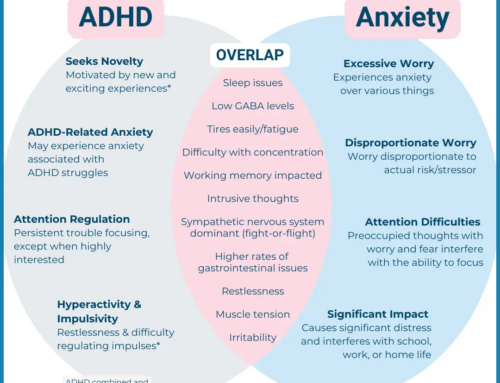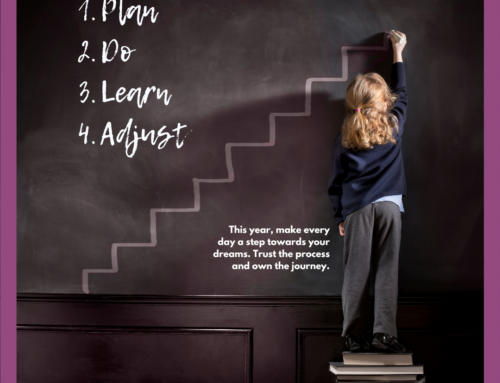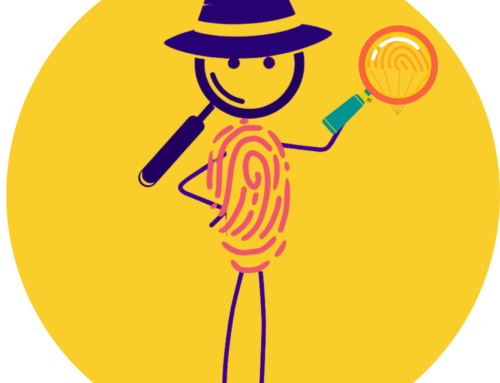Task initiation is a crucial executive function skill that plays a vital role in academic and personal success. For students, parents, and teachers alike, understanding and practicing this skill can make a significant difference in productivity and mental well-being.
What is Task Initiation?
Task initiation is the ability to begin a task or activity without procrastination. It’s not just about starting work; it’s a complex skill that involves a combination of planning, working memory, understanding of time and priorities, and the ability to focus. For many individuals, especially those with ADHD, task initiation can be a significant challenge.
The ADHD Struggle: Knowing vs. Doing
One of the most frustrating aspects of weak task initiation, particularly for those with ADHD, is the disconnect between knowing what to do and actually doing it. This can lead to a cycle of frustration and negative self-talk. Can you relate to the feeling of exactly how to complete a project but feeling paralyzed when it comes to starting it? Super annoying, right? This experience can be incredibly demoralizing and may reinforce negative habits and self-perceptions. So we’ve gotta stop the negative cycle!
Breaking the Cycle: Positive Habits and Mindset
Developing strong task initiation skills is about more than just productivity; it’s a powerful way to combat negative habits and self-talk. By learning how to start tasks, even those we don’t want to do, we can replace procrastination and self-doubt with positive action and confidence.
Strategies for Improving Task Initiation
- Create a “Task Initiators” List or Dopamine Menu
One effective strategy is to create a list of “task initiators” or a “dopamine menu.” This is essentially a personalized list of activities that can help jumpstart your brain and get you into a productive mindset.
Some examples might include:
- Taking a short walk
- Listening to an upbeat song
- Doing a quick stretching routine
- Reading an inspirational quote
- Enjoying a small, healthy snack
By choosing an item from this menu before starting a challenging task, you can give yourself a small boost of motivation and energy.
- Break Tasks into Smaller Steps
Large tasks can be overwhelming and lead to procrastination. Break them down into smaller, more manageable steps. This makes the task feel less daunting and provides clear starting points.
- Use Visual Aids and Timers
Visual reminders and timers can be powerful tools for task initiation. Try using a visual schedule or a countdown timer to create a sense of urgency and structure3.
- Practice the “Five-Minute Rule”
Commit to working on a task for just five minutes. Often, getting started is the hardest part, and you may find yourself continuing beyond the initial five minutes10.
- Create a Task Initiation Playlist
Music can be a powerful motivator. Create a playlist of upbeat, positive songs specifically for task initiation. Some suggestions for your playlist might include:
- “Don’t Stop Me Now” by Queen
- “Eye of the Tiger” by Survivor
- “Happy” by Pharrell Williams
- “Roar” by Katy Perry
- “Can’t Stop the Feeling!” by Justin Timberlake
The Role of Support and Understanding
For parents and teachers, it’s crucial to remember (even when you’re frustrated) that task initiation difficulties are not a sign of laziness or lack of intelligence. Providing support, encouragement, and strategies can make a significant difference. Consider implementing structured routines, offering gentle reminders, and celebrating small victories in task initiation. The Executive Function Skills Profile / eBook is a great way to start!
Just as strengthening your muscles by lifting weights, developing strong task initiation skills is a journey. It requires patience, practice, and self-compassion. One of the best ways to develop these essential components is to create clear goals and a plan for how you will practice. First, know your challenges and when they show up. Then make a plan to help yourself when you need it. By understanding the challenges, implementing effective strategies, and maintaining a positive mindset, you can improve your ability to start tasks and, in turn, boost your productivity and self-esteem.
Remember, every completed task begins with that crucial first step. Recognize that every step teaches you something; nothing is wasted. Let’s press “play” and get started!
Yours in the journey,
Cara

